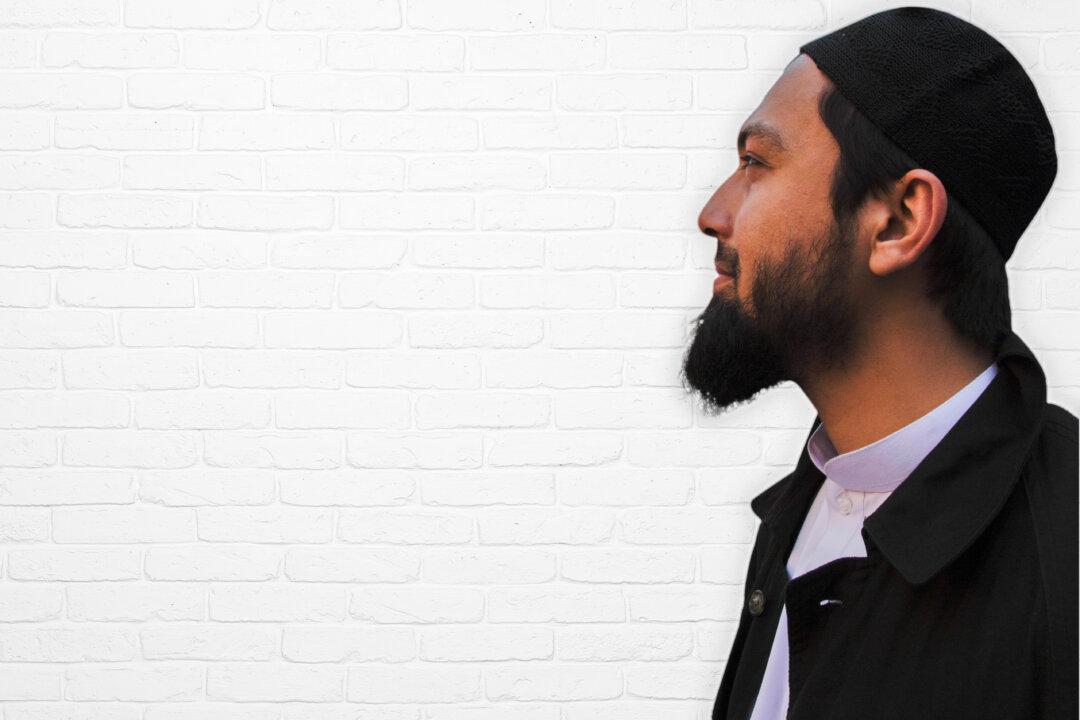NEW YORK—It was possible that A'amash, a Pakistani-American man in New Jersey with two master’s degrees, would have left the United States to fight for an Islamic militant group if the wrong person had talked to him at the right time.
“I could have and it’s true,” said A‘amash, a 30-year-old business analyst for a major telecommunications company. (A’amash is a pseudonym given to protect his identity).
“I could have gone to Iraq, or Syria, or the Taliban,” A'amash told the Epoch Times. “I would have been like these people who are idiots.”
A'amash, who holds masters’ degrees in transportation and information systems, is fully bearded and wears ittar, a natural perfume oil derived from flowers, herbs, and spices.
Dressed in sandals and the loose white trousers of traditional Middle Eastern attire, he sat down to tell his story on a vernal Sunday afternoon.
He would no longer consider extremist ideas today; A'amash’s transition from an extreme to moderate understanding of his religion provides a rare perspective on what attracts people to radicalize, and how to prevent it.
The vast majority of American Muslims find a violent interpretation of the Quran repulsive. And among those who do fully radicalize, most cannot return if they were to regret their decision because they are seen as terrorists.
The National Counterterrorism Center estimated in February that more than 150 American citizens and residents have either traveled or attempted to travel to Syria to become foreign fighters. Since then several more have been arrested by authorities before they could succeed in aiding the self-proclaimed Islamic State (ISIS), including four men in Brooklyn, and two women in Queens who plotted to detonate homemade bombs.
“These two women were U.S. citizens, I’m upset to hear that,” said Nusrat Qadir, a representative for the Ahmadiyya Muslim Community USA. “Why would you take your freedom away to do harm? There is something inside of these women that has caused them to leave behind something most of us would never dream of giving up.”
A'amash, however, believes he knows what caused them to do it, and how to prevent it from happening.
A'amash’s Story
A'amash grew up in Lahore, Pakistan, a city filled with poets and regal, Mughal-era architecture. His father owned a hotel, and he received his education in the British international school system.
He has the ingredients for a prosperous future: money, a good education, and a naturalized U.S. citizenship. But he felt that there was something missing.




